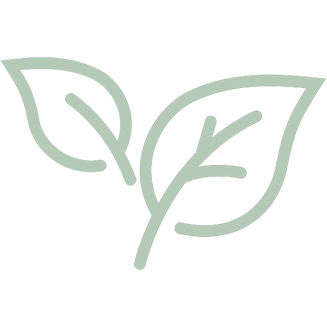Sustainability is defined as ‘Meeting the needs of the present without compromising the ability of future generations to meet their own needs’ (United Nations, 2016). Being sustainable is critical to ensuring future generations have the opportunity to enjoy the beautiful world we live in.
At Flinders we are mindful that:
- Only 1/5th of plastics get recycled.
- More than 1 billion people do not have access to fresh water and excessive water consumption contributes to the global water stress.
- Each year, an estimated 1/3rd of all food produced ends up rotting in bins or spoiling due to poor harvesting practices and transportation.
- Plastic has been found in the stomachs of marine life all over the world
As a result, we are making it our responsibility to not only continually improve our own sustainable practices but to also ensure that children are provided with the tools for living their own sustainable lifestyles.
Composting
After every meal the children know to place their food scraps into the compost bin, a process which starts in Baby House. We then transfer our own food scraps to the large compost bin with the rest of the Houses. What happens to our food scraps after it is placed in the bin is a question several children ponder, and why can some things be composted and other thing can’t was another.

Gardening
The seed to table program is a vital part of our program, engaging children in learning about the food cycle by growing, harvesting and cooking food. We have planted, harvested, prepared and tasted spring onions, purple and orange carrots, mint, coriander, mandarins, lemons, oranges, pomegranates, broccoli, broad beans, beetroot, corn, watermelons, lemons, pumpkin, tomatoes, lettuce, snow peas, leeks and a range of herbs. We believe in providing children with opportunities to experience where food comes from and how to maintain a healthy lifestyle with natural produce.

Re-using
Many Houses have a Making Space, where we re-use materials that could go into the recycling bin and we ask our families to bring in their suitable recyclable materials too. A cardboard box could be created into a pet, or a rocket ship, or a truck. A lid could be used for wheels, passengers in a car or watches. The opportunities for recyclable materials are endless and we can never have too many. If the creation is no longer wanted, the educators work with the child to separate and remove unrecycled materials (sticky tape, string etc) so they can be recycled again or reused in the making space.

We look forward to sharing our sustainability journey with you as we learn and grow together.
